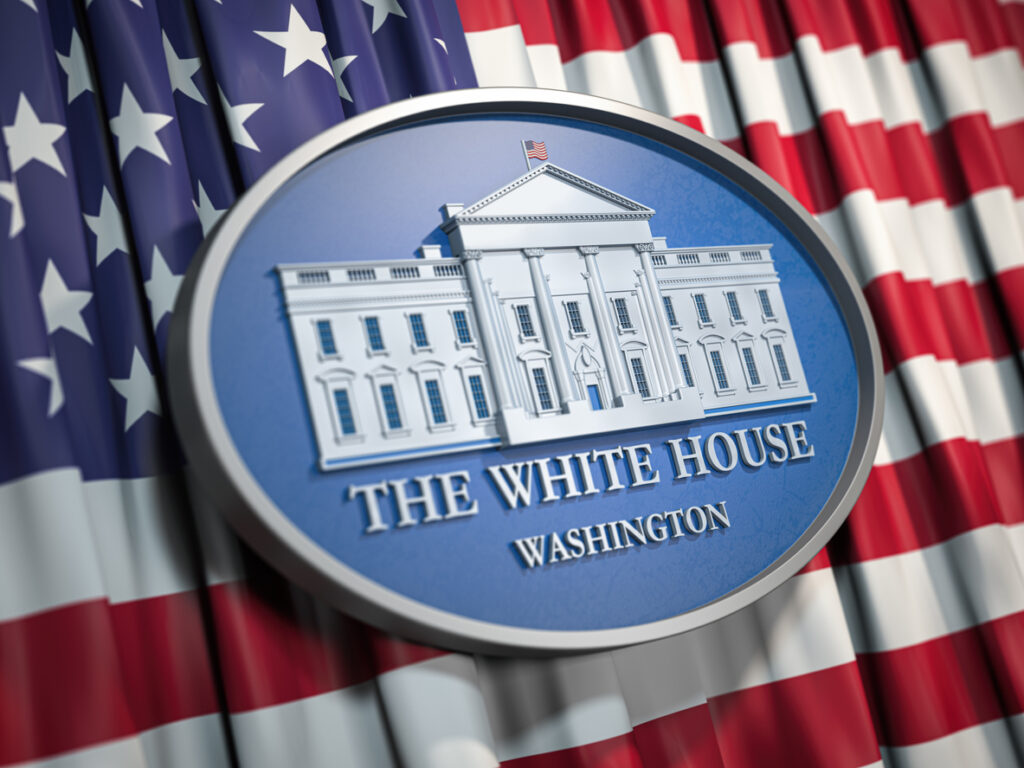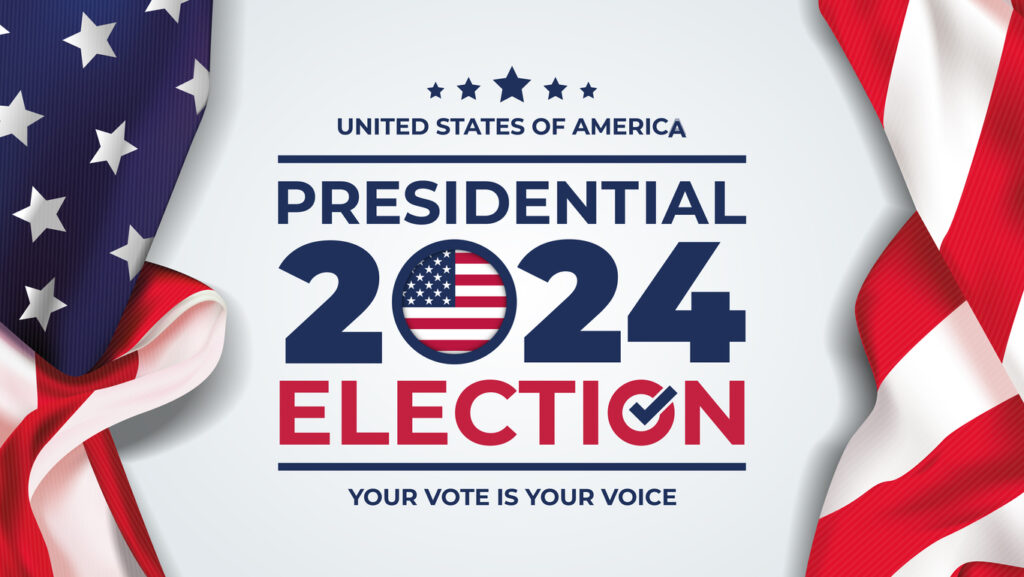
In the evolving landscape of American politics, the relationship between anti-abortion groups and former President Donald Trump has taken a fascinating turn. Despite their initial push for Trump to advocate for a national ban on abortion, these groups have reiterated their support for him following his announcement to leave abortion regulation to the states. This development underscores Trump’s enduring influence within the Republican Party and highlights a strategic recalibration among anti-abortion advocates in the face of political realities.
Trump’s stance, articulated on his Truth Social platform, diverges from the hardline position many anti-abortion groups have historically championed. Yet, the immediate reaffirmation of support from the nation’s largest anti-abortion organizations, such as Susan B. Anthony Pro-Life America and Students for Life, signals a nuanced approach to navigating the abortion debate within the GOP. Marjorie Dannenfelser, president of Susan B. Anthony Pro-Life America, emphasized the urgency of defeating political opponents perceived as extreme on abortion, indicating a willingness to prioritize electoral victory over policy purity.
This complex dynamic reflects a broader trend within the Republican Party, where allegiance to Trump often transcends policy disagreements. Trump’s strategy aims to neutralize abortion as a divisive campaign issue, drawing on his track record of appointing justices instrumental in overturning Roe v. Wade as a testament to his commitment to the anti-abortion cause. Despite not endorsing a federal ban, Trump has not ruled out using executive authority to restrict abortion access, maintaining his appeal among anti-abortion voters.
The frustration with Trump’s announcement is palpable among anti-abortion leaders, who view federal restrictions as essential to counteracting liberal abortion policies in states like California, Illinois, and New York. However, the consensus emerging from these groups is that securing electoral victories is paramount for advancing their cause. This pragmatic stance is reflected in their continued support for Trump, emphasizing the strategic importance of winning elections over immediate policy gains.
Notably, the reaction within the anti-abortion movement is not monolithic. While some groups express disappointment over Trump’s reluctance to embrace a 15-week federal limit, others, such as Students for Life, see potential in working with Trump’s framework to foster a culture of life. This diversity of responses underscores the challenges and opportunities facing the movement as it seeks to navigate the political landscape post-Roe.
The unwavering support from influential conservative groups and commentators further solidifies Trump’s position as a key figure in the anti-abortion movement. Despite differing opinions on the best path forward, there is a shared recognition of Trump’s historic contributions to the cause. His judicial appointments, in particular, are hailed as a monumental achievement, laying the groundwork for future efforts to protect the unborn.
As the 2024 election looms, the anti-abortion movement’s alignment with Trump reflects a strategic calculation that his leadership offers the best chance for advancing their agenda. While policy debates will undoubtedly continue, the priority for these groups is clear: mobilize support for Trump as a critical ally in their ongoing struggle to shape America’s abortion laws. This alliance, forged in the crucible of political pragmatism, illustrates the complex interplay between ideology, strategy, and the quest for political power in contemporary American conservatism.











